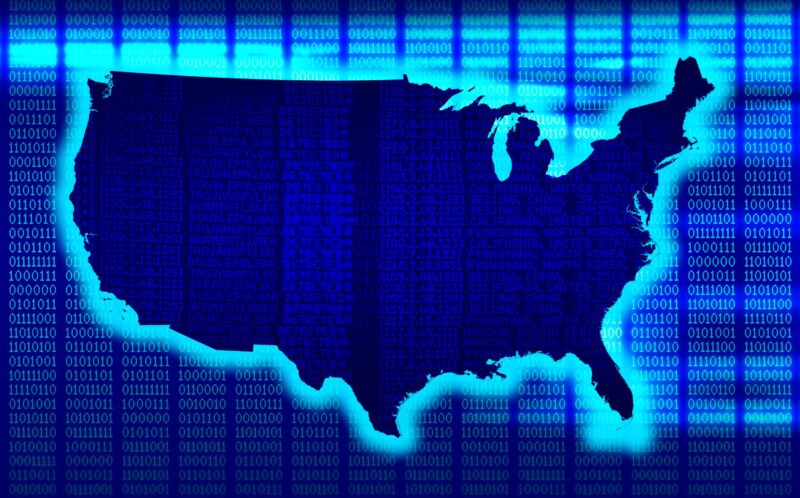
Getty Images | Matt Anderson Photography
ISPs asked the US Supreme Court to strike down a New York law that requires broadband providers to offer $15-per-month service to people with low incomes. On Monday, a Supreme Court petition challenging the state law was filed by six trade groups representing the cable, telecom, mobile, and satellite industries.
Although ISPs were recently able to block the FCC’s net neutrality rules, this week’s petition shows the firms are worried about states stepping into the regulatory vacuum with various kinds of laws targeting broadband prices and practices. A broadband-industry victory over federal regulation could bolster the authority of New York and other states to regulate broadband. To prevent that, ISPs said the Supreme Court should strike down both the New York law and the FCC’s broadband regulation, although the rulings would have to be made in two different cases.
A situation in which the New York law is upheld while federal rules are struck down “will likely lead to more rate regulation absent the Court’s intervention,” ISPs told the Supreme Court. “Other States are likely to copy New York once the Attorney General begins enforcing the ABA [Affordable Broadband Act] and New York consumers can buy broadband at below-market rates. As petitioners’ members have shown, New York’s price cap will require them to sell broadband at a loss and deter them from investing in expanding their broadband networks. As rate regulation proliferates, those harms will as well, stifling critical investment in bringing broadband to unserved and underserved areas.”
The New York law was upheld in April by the US Court of Appeals for the 2nd Circuit, which reversed a 2021 District Court ruling. New York Attorney General Letitia James agreed last week not to enforce the $15 broadband law while the Supreme Court considers whether to take up the case.
“Although New York has agreed not to enforce its rate-regulation law while the Court resolves this petition, New York continues to assert that it has the right to do what the FCC cannot,” ISPs wrote. “This case thus presents the question whether broadband services will remain protected from common-carrier treatment and rate regulation by individual States.”
NY law’s fate tied to FCC regulation
The fate of the New York law is tied in part to the Federal Communications Commission’s April 2024 decision to revive net neutrality rules and regulate ISPs as common carriers under Title II of the Communications Act. When New York enacted its affordability law, the FCC was not regulating ISPs under Title II. The lack of federal regulation gave states more leeway to implement their own laws.
When judges at the 2nd Circuit upheld the New York law, they wrote that “a federal agency cannot exclude states from regulating in an area where the agency itself lacks regulatory authority.” If the FCC’s revived common-carrier regulations are upheld, ISPs would have a better chance at overturning the New York law.
But ISPs are trying to get the net neutrality and common-carrier regulations overturned—and having success on that front. The US Court of Appeals for the 6th Circuit stayed enforcement of the FCC regulations while litigation is pending, and a panel of judges said that ISPs are likely to win the case. The “broadband providers have shown that they are likely to succeed on the merits,” 6th Circuit judges wrote.
ISPs are worried that if they succeed in killing the FCC regulation, they will be subject to many state laws like New York’s. “The upshot of the Sixth Circuit and Second Circuit decisions is that each State can now do what the FCC cannot—subject an interstate information service to common-carrier regulation, including rate regulation,” ISP lobby groups said in their Supreme Court petition. This will be “to the detriment of providers, consumers, and the nation,” they claimed.
ISPs asked the Supreme Court to “confirm that the federal Communications Act—not a patchwork of state laws—governs the regulation of interstate communications services such as broadband.”




















+ There are no comments
Add yours